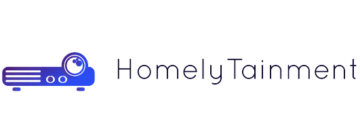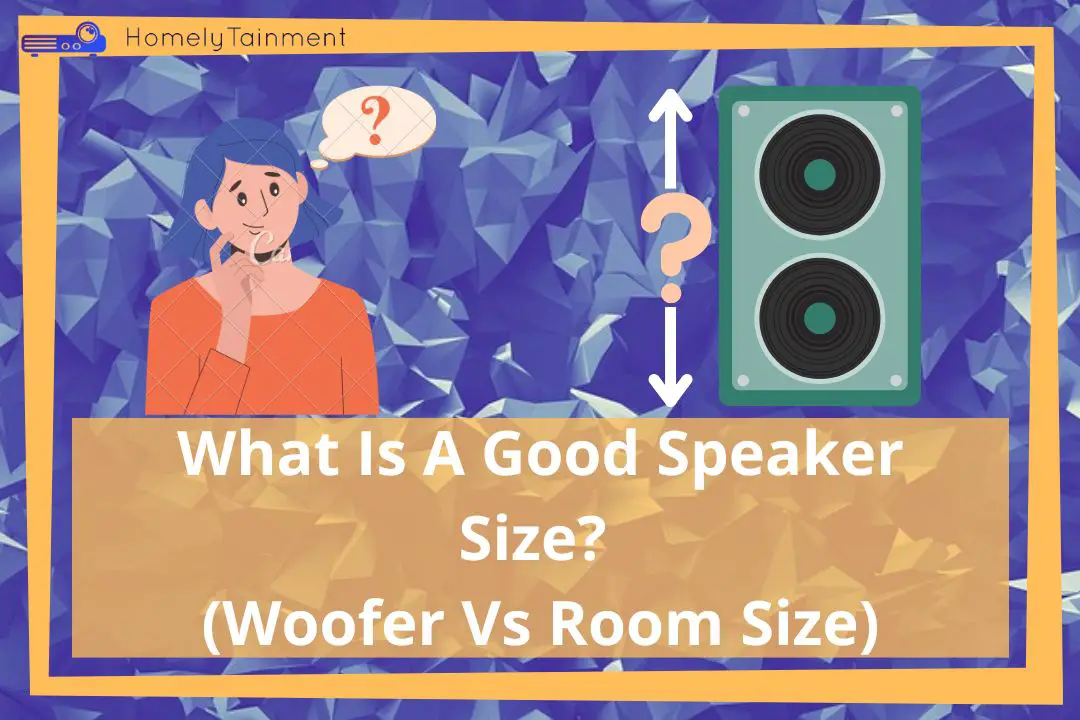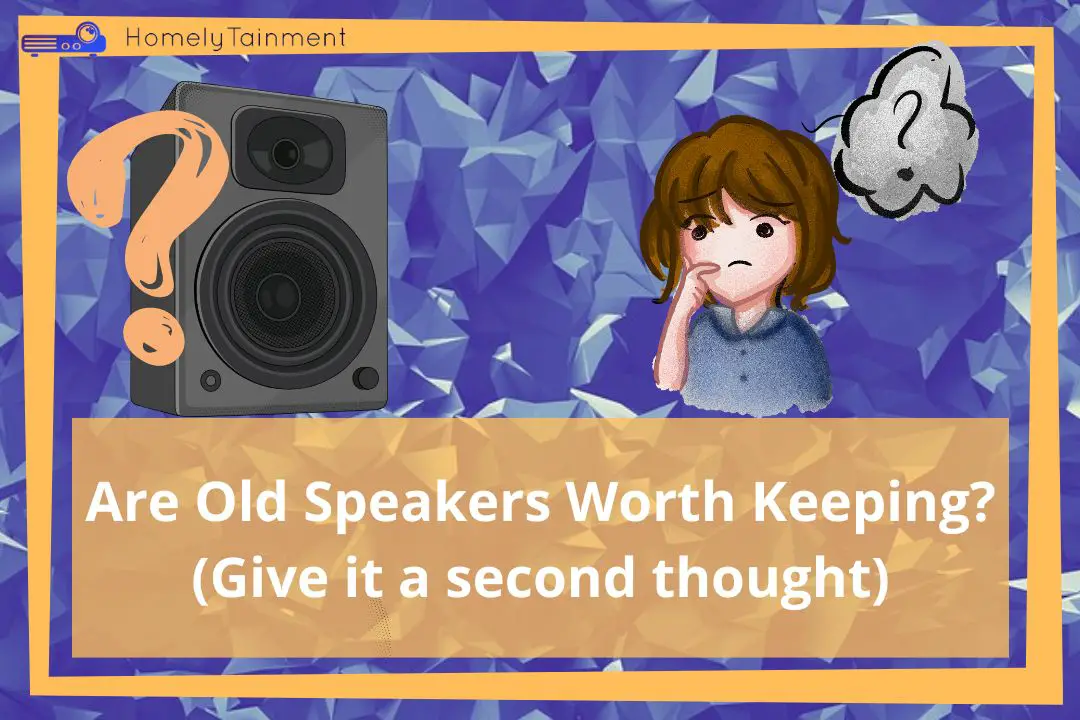
Homelytainment earn commissions (at no additional cost to you) if you purchase products from retailers after clicking on a link from our site.
We home theater owners always love to have the best speakers on the market to get the most realistic experience of movies possible. Oftentimes we succeed in it but these speakers in the surround sound are always hungry.
That’s why we should have answers to a few questions about speakers and power consumption. The most common question is do speakers consume power when they are not in use?
At A Glance: Speakers drive power when they are not in use and on standby. When these speakers were attached to kill-a-watt when they were not in use, these speakers were still driving huge power.
Stick to the article as well as discuss many more common questions about power consumption and speakers.
Speaker Wattage VS Power Consumption On Standby
| Total Speaker Power | Power Consumption on Standby |
|---|---|
| 80 Watts | 11 Watts |
| 100 Watts | 16 Watts |
| 150 Watts | 25 Watts |
As you can see in this chart, speakers still consume power when they are not in use.
I calculated these values after attaching each speaker in my theater system to kill-a-watt.
So if you really want to save your electricity bills then don’t keep these speakers on standby. Just turn them off completely. It will help a lot to save electricity for the world and to save money for yourself.
Keep reading to know about my experiments and to know many more questions. You can carry out these simple experiments in your home very easily.
Do you know which factors make a speaker the best on the market? Read my best speakers guide for home theater to know.
Kill-A-Watt Method To Measure the power of speakers on standby
I bought a kill-a-watt on amazon. I plugged it into the wall socket. Then I connect one speaker directly to it.
The speaker was 80 watts. When there was no sound playing on the speaker. The speaker was using 11 watts of power.
When I played music on the speaker at a normal volume the power consumption jumped to 45 watts.
But when I played a movie with powerful sound on high volume the power consumption jumped to 75 watts.
You can see from this experiment that the speakers were using 11 watts of power on standby. It is clear that no matter in which condition the speakers are, they will drive power unless they are completely turned off.
You can repeat this same experiment to calculate other electronics’ power consumption too.
Read more about sound calibration in home theater. Read my best SPL meter for home theater review and guide to have the perfect sound in your theater room.
Oscilloscope Method To Measure the power consumption of speakers on standby
To further prove my claims in this article. I attached an oscilloscope to the terminals of the speaker to check.
When the speakers were completely off there was no waveform presence there. When the speakers were on and there was no sound playing. I witnessed a slight presence of a waveform on the oscilloscope.
When they were playing sound at high volume. The waveform was so vibrant and its size of it was huge.
Again, it is proved that speakers do consume power when they are not in use.
Which Class Of Amplifier Drives Power The Most On Standby?
Class A amplifiers were created in the old days for commercial uses like concerts. But audiophiles and home theater owners used them in their theater rooms as well.
These types of amplifiers drive a lot of power when not in use. But when they are in use they consume power furthermore.
That’s why they used to get hot really quickly. The amount of heat was so scary if they can ignite something in the theater room and can cause hazards.
But all other classes of amplifiers are energy convenient and don’t use a lot of energy.
These class A amplifiers are not common these days. But still, be aware of them. Always confirm the class of the amplifier before adding it to your theater system.
Read more as we will discuss common standby and power consumption questions ahead.
Do you want more refined sound for your theater room? Read my review about the best home theater preamp/processor.
Is it bad to leave active/passive speakers on?
In-Short: It is bad to leave it on. It will drive power and will use electricity without any good and also it will age the speakers fast. The internal circuitry will degrade fast. Also, it will increase the chances of damage from a sudden power surge. The unnecessarily generated heat will also play a role in further damaging the speakers.
In-Depth: There are many small electric devices inside each speaker. These devices will continuously drive power and the circuitry will be in use. It is still in use when there is no sound but the speakers are on. If you put your ear near the speakers, you will hear a very low humming sound.
This humming sound is proof that the circuitry is still in use. That’s why never keep active or passive speakers on standby. Simply turn them off.
Know where to install the acoustic panels in your theater room, to kill the sound reverberation in the theater room.
Did you get something out of this speaker’s power consumption guide? Hold On We Have Something Exciting To Share.
[the_ad id=”4771″]FAQs
Why should you never underpower your speakers?
Because this will cause a clipping issue in the speakers. Due to this issue, the speakers will age faster and will sound worse. To protect your speakers from harm and to have the best sound experience don’t underpower them.
Does volume affect power consumption?
It always does. On higher volume, it will consume higher power, and on lower volume, it will consume lower power. The effect of volume on power consumption is directly proportional. Meaning when the volume is high the power consumption is high.
Do speakers sound better with more power?
They sound better with enough power, not with more power. You should always supply the needed power. Never and ever exceed the power.
It will shorten the lifespan of the speakers and It might also result in fire hazards after the heat is generated by more power.
How do I reduce speaker power?
Never try to reduce the speaker’s power. If you don’t require higher power speakers then don’t buy them in the first place. In this way, you will save your money by buying lower-power speakers and they will also result in lesser bills.
Helpful Resources For The FAQs To Read More
- This was my opinion read more about this matter on AVsforum. (Resource for the first answer)
- This was my opinion, read more about it on Ecoustics. (Resource for the second answer)




